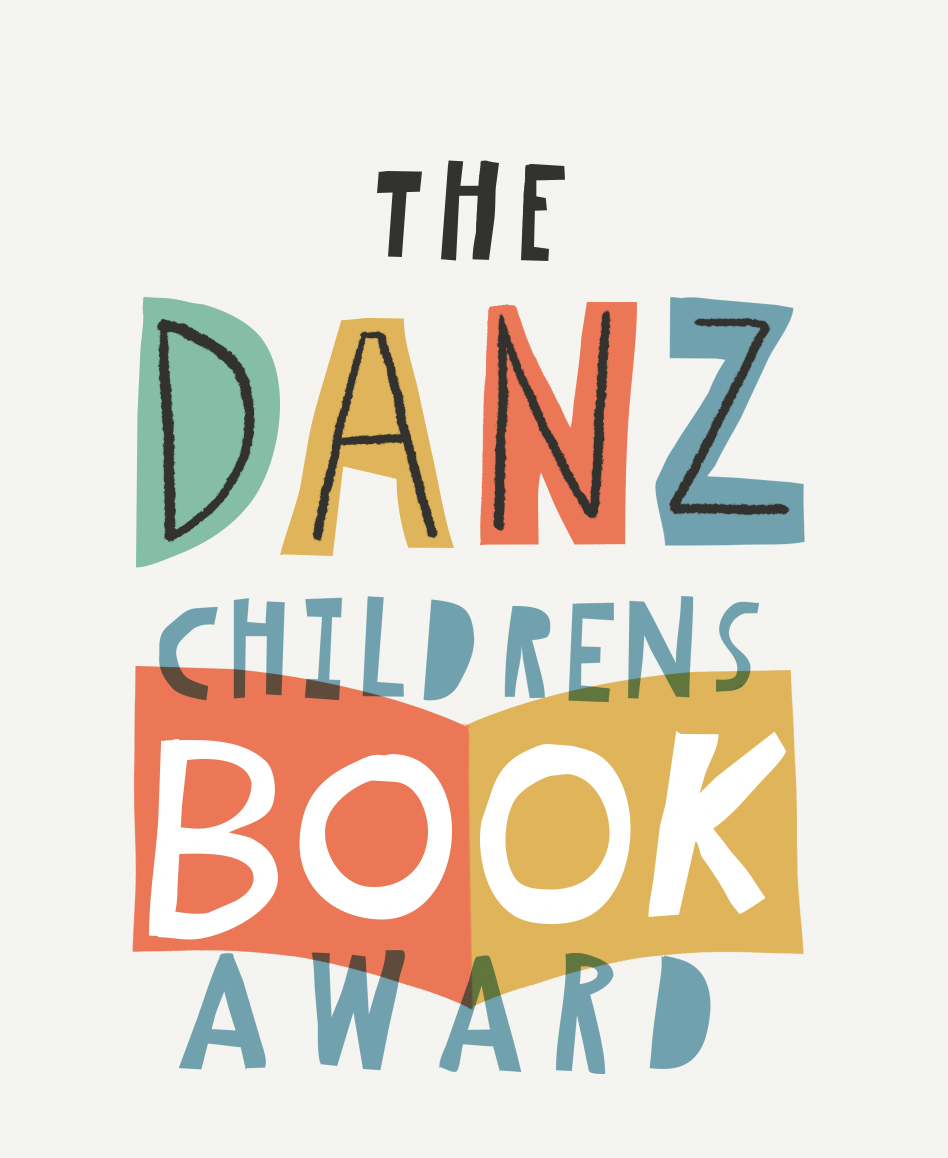Issue 126
Term 3 2023
- Feature article
- Articles
-
- Explore the Aussie–Kiwi relationship using primary sources
- Tales of friendship: Jack's Best Day Ever
- SCIS interviews Teacher Librarian Award winner Megan Daley
- The Teacher Librarian and ChatGPT
- The DANZ Childrens Book Award
- is my little pony the next direction for the library sector, a panel explores this.
- Regular features
Download this issue
The DANZ Childrens Book Award
Author Kate Foster writes about a new children's book award celebrating diversity and inclusion.
Understanding the value of inviting and listening to a variety of voices is considered the ultimate path to true acceptance. Slowly but surely, more books are being published which shine a light on diverse characters and communities. Furthermore, educators are recognising the importance of adding these books to their collections. It is not a privilege, but a right for children to see themselves and others reflected in the literature they consume.
Are we recommending the right diverse books?
This isn’t a new question, but one we continue to hear time and again.

No-one can deny the power of a book read at the right time, nor the science behind how reading builds empathy. Therefore, the responsibility of everyone involved in creating books is huge and shouldn’t be underestimated. With that said, there are books labelled ‘diverse’ on recommended reading lists that haven’t necessarily been written sensitively nor even accurately.
There are wonderful books by authors who’ve researched in detail and written sensitively about characters and settings outside of their own personal ‘lived experience’. Yet there are many more which haven’t. This can result in books with outdated depictions of marginalised people, inaccurate and offensive stereotypes, harmful tropes, and tokenised minorities, resulting in stories told – and lives observed – from the outside looking in.
Does this matter? Does anyone have the right to police what others write? That’s an ongoing, worldwide, and often heated debate, prompting a range of opinions.
How do we assess the representation on offer?
Educators are being encouraged to build booklists for their students that represent all areas of diversity. We need only refer to Connections issues 122 and 125 to find guidelines on how to assess what makes a good diverse book, and the red flags to look out for. Undoubtedly, these are helpful resources. However, when assessing books with diverse characters whose identities we don’t share, can we really know if the representation is accurate?
The best people to tell diverse stories are those who have direct, personal experience of living that life. If more bookshelf space was filled with diverse stories by diverse people, perhaps this entire conversation wouldn’t need to be had. Maybe those diverse characters could embark on exciting adventures rather than always teaching others about their trauma, struggles and history.
Book awards
To get started on this diverse booklist curation, many educators turn to books on recommended and award lists. In other words, books that have already been handed a seal of approval. Can these books be trusted to offer fair representation? Often, but not always, and through no fault of anyone involved.
Across the ocean, there are several established awards that recognise and celebrate diversity: The Jhalak Prize, The Diverse Book Awards, The Adrien Prize and The Little Rebel Children’s Book Awards in the UK; and The Walter Awards in the US. With Australia and New Zealand being so diverse, it’s surprising that a similar award recognising diversity hasn’t already existed here – until now.
Diversity in Australia and Aotearoa New Zealand Children’s Book Award (DANZ)
The DANZ aims to be an active solution. Its goal is to fill this void in an inclusive and positive way. It will recognise and celebrate diverse fiction, where the diversity portrayed is relevant and important to the story and character.
Open for nominations in the second half of 2023, the DANZ award invites children’s books published in Australia or New Zealand in 2022 and 2023 – specifically, books which push boundaries, challenge stereotypes, and celebrate diverse and marginalised people and communities. Diversity can include disability, culture, class, LGBTQI+, race and religion.
The criteria are open to interpretation, but the work entered must be sensitively and authentically written. It must be free from offensive, inaccurate and harmful tropes and representation. The judging process will be thorough and critical in this regard. Above all, the award will look for works that are fresh and inclusive, and celebrate minority voices.
More than an award
Martha Itzcovitz, President of the Australian School Library Association (ASLA), says: ‘ASLA is thrilled to be a supporting partner of the DANZ Awards. We’re particularly excited as this will not only be an award but also a resource for school libraries to choose books with positive representation.’
The judging process aims to highlight books offering the very best and most accurate representation of marginalised and minority people. Younger judges will also seek out entertaining and appealing stories.
The winning creators will, of course, be awarded, but in the process the DANZ will also provide a valuable aid for every librarian, teacher, bookseller and carer, through the production and distribution of a brochure showcasing each long-listed title. In 2024, picture books, chapter books and middle-grade titles, all of which will have gone through rigorous judging, will be highlighted. Each listing will include content and theme tags, back cover copy, cover image, ISBNs, plus a judge’s quote. This brochure will be key in spreading the word about the many wonderful – and often overlooked – books we should be reading.
President of the School Library Association of New Zealand and Aotearoa (SLANZA), Sasha Eastwood, states: ‘School libraries are safe spaces, where our collections should build empathy and understanding. As a resource, DANZ will be so important for libraries to ensure we’re reflecting the diverse needs of our communities.’
Looking to the future
The DANZ doesn’t look to replace or compete with other awards. It is simply born to complement them, to be a celebration of and a way to lift marginalised voices. It aims to encourage new creatives from underrepresented backgrounds to tell their stories in the way they want to. From its foundations up, the DANZ believes in approaching all it does respectfully, and will utilise sensitivity readers, a Book Nomination Panel, and a Children’s Judging Panel made up of a diverse group of young readers.
The DANZ has been given a wonderful kickstart, with support and funding from ASLA and SLANZA. It is driven by a small committee of passionate and dedicated people. Though many essential goals have already been met, the award is currently seeking more funding, more sponsorship and more support. With many more hands on-deck, a greater number of voices will be heard – and experiences shared. Diversity is more than just a label.
If you would like to learn more about the DANZ, how to be involved, or find out about sponsorship, visit the website at www.thedanzchildrensbookaward.com or email Kate at [email protected].
